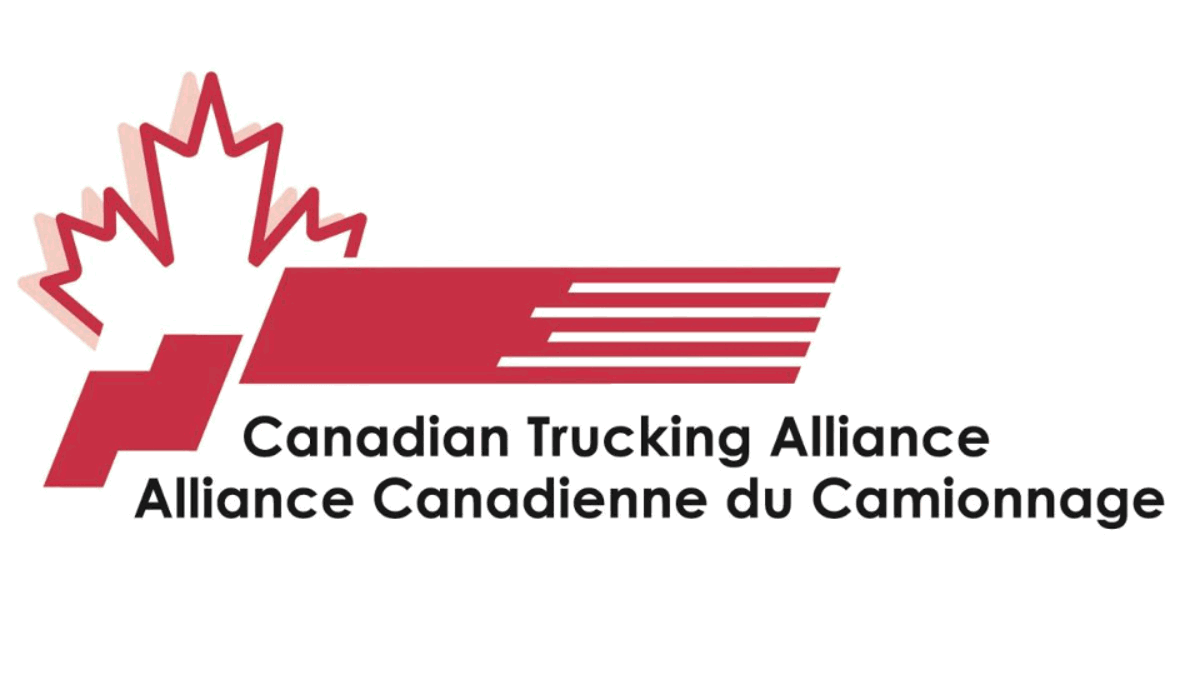
CTA Calls on Feds to Action Task Force Recommendations and Prioritize Supply Chain Stability
Nov 03, 2022
(TORONTO, Oct. 27, 2022) – CTA is echoing calls for the Government of Canada to slow the implementation of Bill C-3 and consider a phased-in approach to the 10-day medical leave policy.

The CTA supports modernizing labour standards and protecting workers, though it has become abundantly clear that the government needs to proceed with a more balanced and less hasty approach, reflecting the current state of the Canadian economy and its supply chains.
CTA is asking for the government to delay the introduction of the new provision and to begin with five-paid days in the first year and an additional five days in the second. This approach would balance the need to support workers while considering the undisputable fragile position of the supply chain by allowing industry some flexibility to relieve backlogs throughout the interim.
While there global factors outside of the Government of Canada’s control are undoubtably contributing to supply chain fragility and inflation, the Government of Canada has also contributed to the situation through the introduction of constraining factors, which the supply chain will need to further absorb. With the introduction of paid medical leave expected to be finalized imminently, the industry is once again warning that the decisions being made will have a direct impact and potentially unforeseen consequences when it comes to capacity, supply chain reliability, the cost of transportation and ultimately the availability of goods.
“As CTA has repeatedly communicated to the Government of Canada, this plan could effectively equate to 300,000 trucks being shut down for an additional 10-days each, on an unplanned and unscheduled basis next year,” said CTA president Stephen Laskowski. “The impact this could have on just-in-time shipping, overall capacity, seasonal availability, and service reliability for customers and Canadians is expected to be severe.”
It's not just CTA that sees the connection between a struggling supply chain, staffing shortages, and inflation. The Canadian public is also aware and feeling the effects. Public opinion polling conducted by Nanos Research earlier this year shows 63 percent of Canadians believe labour shortages in the trucking industry is a major factor contributing to inflation. In that same poll, over eight in ten Canadians said they were concerned that it is becoming more difficult to get goods because the supply chain is under stress.
Similar sentiments were also recently captured in theBank of Canada’sOctober 26, 2022, statement on interest rates, noting “the demand for goods and services is still running ahead of the economy’s ability to supply them, putting upward pressure on domestic inflation. Businesses continue to report widespread labour shortages and, with the full reopening of the economy, strong demand has led to a sharp rise in the price of services.”
On January 25, 2022, Ministers Alghabra, O’Regan and Qualtrough, and CTA president Laskowski issued a joint statement, which mentioned the importance of ensuring our supply chain remains resilient. The Government of Canada stated:
“To reach this goal, and to bolster Canada’s economic recovery and long-term competitiveness, it’s important to tackle two major challenges facing industry – supply chain constraints and labour shortages.”
In the recently released report by the National Supply Chain Task Force, these same priorities are outlined in detail. As part of the Task Force’s recommendations for immediate action, implementing programs and policies that encourage attracting and the retention of truck drivers was a key endorsement.
In recent correspondence to Minister Qualtrough, CTA called upon the Government of Canada to signal to the industry that trucking, and supply chain stabilization, are priorities for the Government. CTA has called upon Ottawa to make both immediate and longer-term investments in the trucking sector to help ensure the supply chain has the workforce it needs.
“With the severe impact paid medical leave is expected to have on our sector – and while the Driver Inc. scheme is allowed to continue funnelling labour into the underground economy, we believe now is the right time to communicate to the industry that the Government of Canada and CTA are working together to find solutions to stabilize the situation,” said Laskowski.
CTA would like to thank the National Supply Chain Task Force for their understanding and focus on the labour situation in the trucking sector, and CTA looks forward to actioning many of the recommendations this important report highlights.
STA Training
We have a downloadable Training Catalogue!
Don't wait - sign up for one of our courses today and take the first step towards becoming a safer, more knowledgeable driver!




